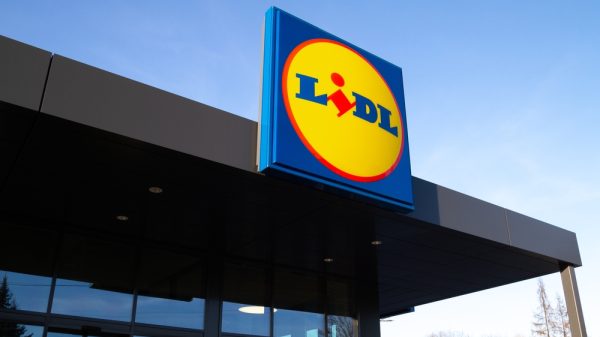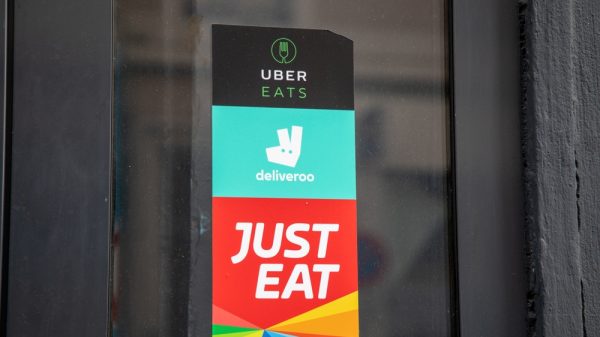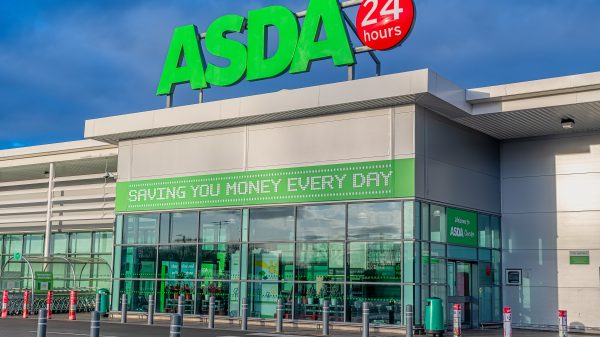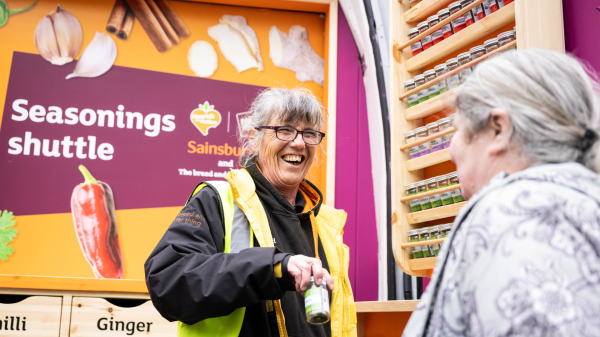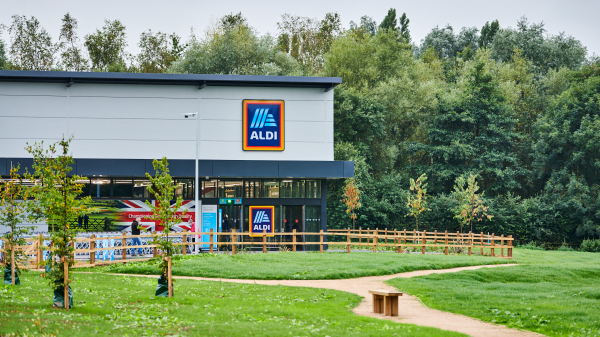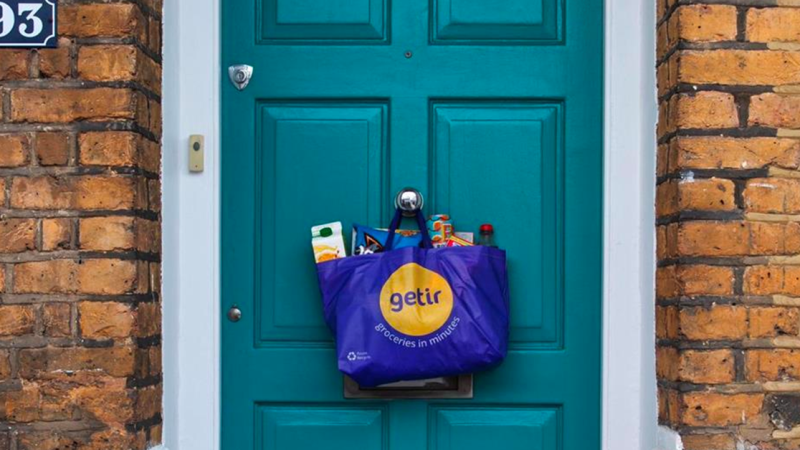As we move into the second month of 2023, most UK consumers will agree that the past 12 months has put a strain on their wallets, with one of the biggest challenges being the rising costs of essentials such as food.
As supermarket giants launch price lock campaigns or roll out low-budget own-brand ranges to help shoppers save, it’s also entire supply chains that have been struggling, faced with cost inflation, rising fertiliser prices, energy prices and poor weather conditions.
In December, a report by food and farming charity Sustain looked into five everyday foods, such as apples, cheese, beefburgers, carrots and bread – and found that UK farmers are often left with less than 1p on produce and see less than 1% of the profit.
Looking to support suppliers through the tough trading period, many grocery retailers and food businesses have invested in their supply chains to ensure there are no empty gaps on the shelves.
But are these initiatives enough at a time when National Farmers’ Union president, Minette Batters has warned that we are seeing the lowest levels of tomatoes and cucumbers produced since records began in 1985?
Supply chain issues
In the past year, while consumers have taken the hit of rising food prices, man retailers and suppliers have been faced with absorbing additional production, fertiliser and energy costs to stop these prices from skyrocketing even further.
For food growers and producers across the supply chain, the added pressures of the environment, poor weather conditions and the avian flu crisis which resulted in turkey and egg shortages, have come as an additional strain on their budgets.
Sustain’s research ‘Unpicking Food Prices‘ found that often farmers recieve less than 1p profit on key produce that they sell into the supermarket chain. The charity’s head of sustainable farming, Vicki Hird says the depressed prices have “become even more acute” during this time of increased production costs.
She adds that farmers also faced “supermarkets rejecting perfectly edible produce that had stunted growth due to the prolonged drought and heatwaves we had in the summer”.
Last month, Iceland executive chairman, Richard Walker urged suppliers to “take more of a hit” as the frozen food retailer’s profits were expected to be “significantly down”.
However, retail expert and director at The Retail Mind, Ged Futter believes that this isn’t a move that suppliers will accept.
“We have retailers continuing to say we can’t absorb or accept your [suppliers] costs. When has a supplier ever expected their costs to be absorbed by a retailer? Retailers live in cloud cuckoo land thinking they can keep doing and saying the same thing and suppliers will accept it.”
Despite this, many of the UK’s leading grocery retailers launched price lock or price cut campaign strategies as we entered the new year, with Tesco CEO Ken Murphy asserting that the leading retailers suppliers were “100% behind” the move.
Supermarket support
In the last two weeks alone, Big 4 grocer Asda, discount grocer Lidl and a number of other retailers have all announced investments and initiatives to support their supply chains.
Asda has partnered with Lloyd’s Bank to provide its network of suppliers with a source of reliable working capital through its Supplier Finance Programme, allowing suppliers early access to funding of up to 100% of the value of their invoices as soon as they are approved.
Asda senior director, tax and treasury Stephen Finn says its supplier relationships “are an essential part of our offering to customers” adding that the grocer has a “responsibility to support food and drink producers across the UK”.
For its part, Lidl has pledged to invest £4 billion into the British food industry this year. Chief trading officer for GB, Martin Kottbauer, says that a “big focus” has been providing suppliers with “the security and certainty needed for them to invest and grow”.
Aldi has also pledged to spend an extra £3.5bn a year with British suppliers by 2025, while Tesco has invested £13.9m in the British egg industry and extended its improved payment terms for smaller businesses; paying invoices immediately for some 2,000 suppliers.
Waitrose also pledged additional financial support to egg farmers (£2.6m) and was the first supermarket to offer support for British pig farmers during their recent crisis with a £16m package.
Sainsbury’s – which does not buy eggs from farmers directly – has increased the amount it pays its own-brand egg packers over the past 12 months, with a 20% increase in June and a further 20% increase last week.
Is this enough?
According to British Retail Consortium director of food and sustainability, Andrew Opie, the long-standing relationships that retailers have built across their supply chains is the main reason they “have been able to cope with recent challenges”.
He says the relationships means they have been: “open to more frequent negotiations on price to reflect rising costs, shared data on consumer demand to help suppliers tailor products appropriately and offer practical support such as logistics to smaller suppliers”.
Opie adds that it’s “vital” to invest in suppliers to secure supply while they are adapting to challenges of climate change and “new environmental requirements” which will maintain “world class production” in the UK.
“Although they have cut their own profit margins and costs they are long-term businesses with strong brand values and know that requires a partnership approach with suppliers including investment in research and development and innovation for the long term.”
Back at Sustain though, the general feeling is that the “baby steps” being taken by supermarkets are simply not enough.
Hird believes that “more deeper-rooted change is required,” such as the government bringing in “stronger fairness regulations” on both supermarkets and the wider supply chain, as this will help to “diversity the UK’s food retail market and loosen the stranglehold supermarkets have over farmers.”
Speaking of absorbing supermarket prices, Futter agrees that “every single day one more supplier is realising that they have options, that they don’t have to accept these demands anymore.”
He says that suppliers are taking action which “will have a long-term impact on the supply of British food to UK grocery retailers.”
“They know that they simply can’t afford it any more, they don’t want to be lying awake at night thinking about what the bank manager will say, spending their reserves to keep giving supermarkets prices that are unrealistic.
Futter added: “Never have I seen as many suppliers aligned and confident, the retailers need them and their products. It’s now time to pay a price that is sustainable.”
While its clear that the UK’s leading supermarkets are looking to support their suppliers through a range of investments and initiatives – at a time when production is running low and prices are skyrocketing – it appears this might not be enough in the long-term.
While retailers hold responsbility in ensuring supply chains receives fair pay and support during these challanging times, the entire food industry has felt the pressure of inflationary costs and as Hird suggests, it is also the government’s time to act further.

